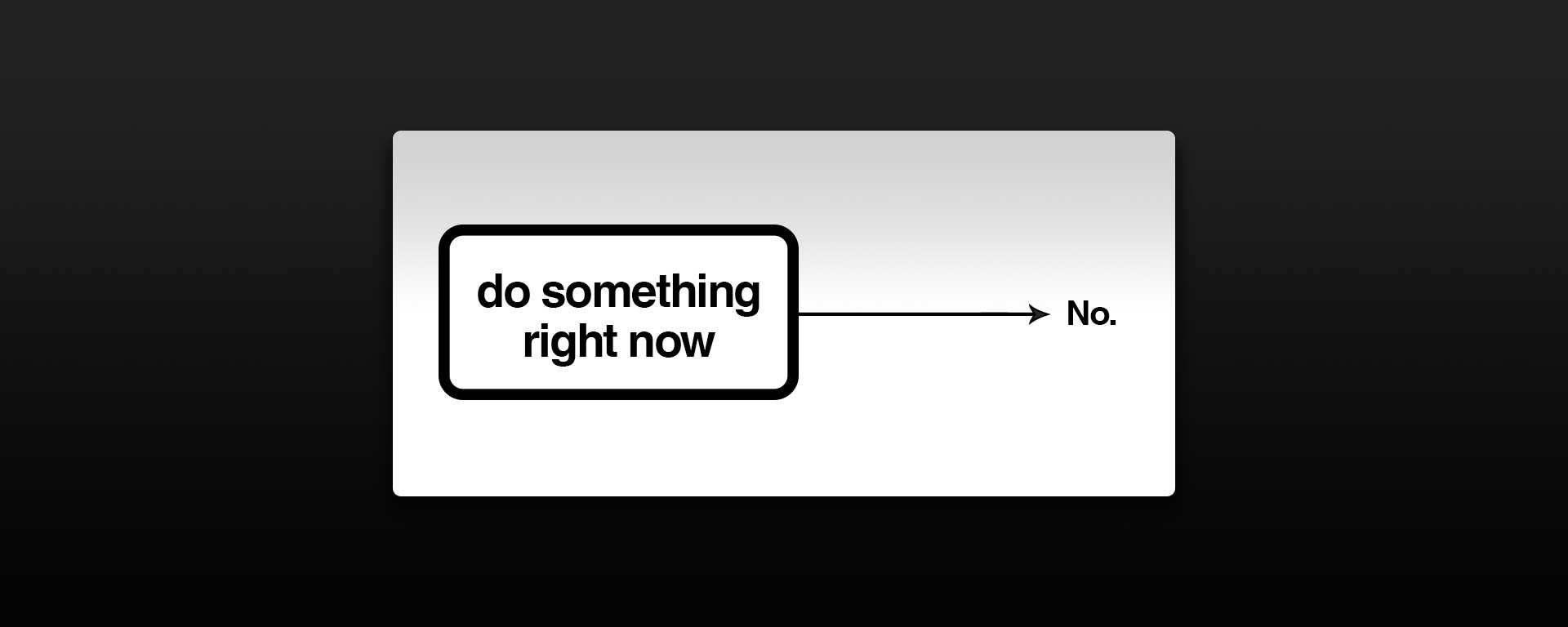I have come to realise that procrastination is one of the most significant and deeply rooted issues in our society. Many of us do it, even if we don’t like to admit it.
The truth is that we’d all stand to benefit immensely if we can just find a way to overcome that mystifying urge to not do what needs to be done. You might be surprised to find that procrastination is not simply laziness, and that it cannot be overcome by winning a mental battle with yourself or watching motivational videos. It’s far more complex, and harder to quell. However, this also means that it requires a much more mechanical, yet easy, approach to conquering this destructive, but common habit.
Having a basic comprehension of how the brain works equips you with the capacity to never feel compelled to procrastinate again. If you have experienced the desire to accomplish a task, but part of you resists it every step of the way, then you have felt the effect of neurotransmitters.
These are chemicals found in your brain that control our emotions and behaviours: how we feel, act, and react. If you use some simple strategies to change the balance of these neurotransmitters in your brain, then you can easily change the balance between determination and procrastination in your personality.
Dopamine is the neurotransmitter that motivates you to achieve. It causes feelings of pleasure, motivation, and “reward”. When we accomplish a goal, that hit of satisfaction we receive is dopamine being released in our brains. Procrastination is a result of misplacing this dopamine.
When you procrastinate, you forego an important task, typically to go on your phone, or play a game, or check your social media networks – “filler” tasks that distract us from what we’re meant to be doing.

This is because social media and games play the brain’s reward system like a fiddle and can provide you with an instant hit of dopamine, whereas the task will require you to put in a lot of hard work and effort in order to get the dopamine. The fact is that you will subconsciously want to do whatever gives you that rush of instant happiness, but the secret is you get to decide.
There is 1 simple step that empowers you to do this. It might seem cliche, menial, or even lame.
When I first heard of it myself, I instantly dismissed it for being too easy, but it does work.
It’s to set productive goals and make a start; there is no point in not procrastinating if you’re not going to be productive instead. These goals have to be highly particular and specific. They must be something beneficial and that you would not normally do, but it must also be visual when you accomplish them.
This is because humans are extremely visual creatures. Very often we must “see it to believe it.” It is a fact that if we can see or visualise a goal then we are more likely to achieve it.
For instance, if a teacher simply told you to do “more work after school” that would be stupidly unhelpful and you wouldn’t be inclined do it because “more” is too ambiguous of a term. But, if the teacher tells you to do “Exercise 10.5 by tomorrow” then you would be far more likely to complete it, because you can see exactly what needs to happen.
The same principle applies for setting your goals. An example of this is what I did: reading two non-fiction books per weekend.
This goal was remarkably helpful to me because I was able to decide what books I wanted to read, and upon finishing a book I put it on the bookshelf in my room so that whenever I walk by, I get a hit of dopamine and feel motivated to be productive. This is incredibly important because the goal would not have worked for me or developed a habit if I did not put the books on the shelf and allow myself to see the achievement.
I found myself reading not because I enjoyed it, but because I desperately wanted to add one to my shelf and feel a sense of progress. The side effect is that every time I add a book to the shelf, I am smarter than I was before.
The amazing part is that there was a universal impact; afterwards I felt compelled to be productive 24/7 and no desire to play games or procrastinate at all. It is critical that you write down your goal.
If you are having trouble getting started on a task not because of procrastination, but because you don’t know how to get started, then I recommend seeking the start point, whether it is opening the document or getting out the book so that it is in front of you. Then give honest consideration to what is required. This is the process of visualisation and it will wash your stress away, while making the task appear much more achievable.
Essentially, dopamine can be extremely useful if you associate it with the correct things, but it is also highly addictive if you receive it from the wrong things. Thus, all it takes to relieve yourself from the urge to procrastinate is to forge one productive habit.
Header image: The Collegian
Written by Eliot Lew, Published on 27/06/2018



Very informative. I sense a change in my study habits. 🙂